Following the plough: A snapshot of a disappearing skill
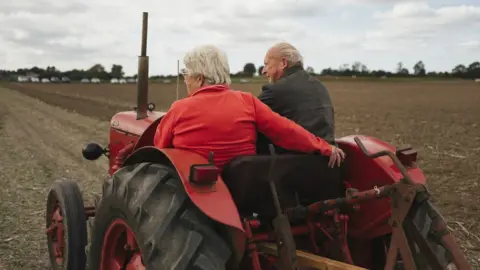 Harry George Hall
Harry George HallIn a world of rapid technological change, one agricultural tradition stands firm - the art of ploughing. Photographer Harry George Hall donned his wellies to seek out the perfect furrow in Norfolk.
Over the course of a weekend in September, a 90-acre swathe of prime farmland in Fincham, west Norfolk, was awash with more than 100 tractors.
In their wake were precise lines of tilled earth, each drawn by the slice and turn of the plough.
"It's no surprise that it happens during the transition from summer to autumn, the change of the seasons," Mr Hall says.
"But this was not just about competing. It was the appreciation of a passion."
The 32-year-old photographer from Suffolk, who has previously documented fen skaters in rural Cambridgeshire, said he was drawn to a ploughing match for the same reason: a celebration of hobbies in rural communities.
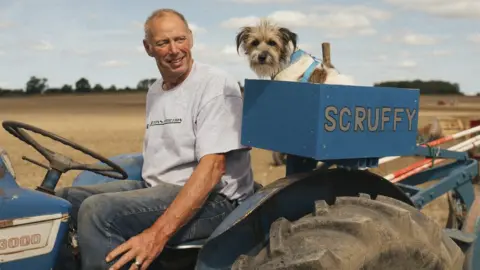 Harry George Hall
Harry George Hall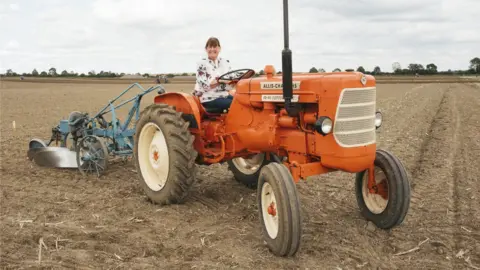 Harry George Hall
Harry George HallMr Hall has collected images for a personal project he has called "The Sow Must Go On".
He says: "I love the storytelling in these communities, but the story is not just about these amazing machines, it's the legacy.
"On the day, it evolved right in front of me.
"I saw young people learning at first hand about something that so easily could become redundant and irrelevant."
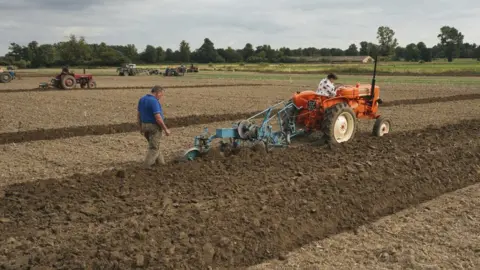 Harry George Hall
Harry George Hall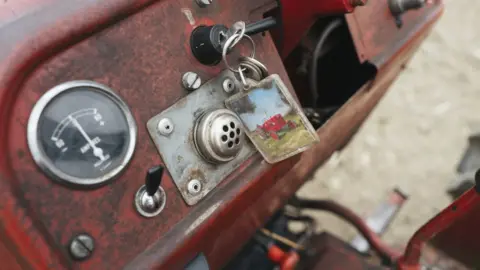 Harry George Hall
Harry George Hall"I'm from Suffolk and my grandparents farmed, so this is particularly important to me, even though I don't farm myself," he adds.
"I had the pleasure of meeting Sam, 20, who got persuaded to buy his burgundy tractor on a night out.
"He told me: 'As a society, we need more gearbox and less Xbox'. I think that is so telling."
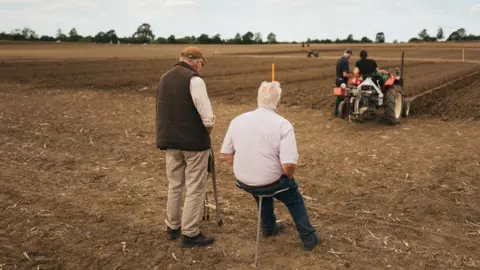 Harry George Hall
Harry George Hall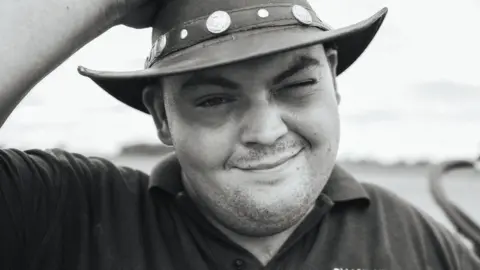 Harry George Hall
Harry George HallThe match, hosted annually by the East Anglian branch of the Vintage Tractor and Engine Club and in aid of charity Moth in a China Shop, was co-organised by David Mycock.
He says the competitors were not just farmers, but enthusiasts from a range of backgrounds who wanted to "give their tractors a good clear-out".
The event started about 12 years ago with a dozen tractors. More than 100 took part this year.
"You get judged on straightness, firmness and levelness," Mr Mycock adds.
"It's a real skill, it is an art. I haven't the patience for it myself. It has to be done properly - or there are consequences for the rest of the year.
"In modern farming, that skill is disappearing.
"Nowadays the farmer doesn't even need to steer the tractor, he just presses a button.
"Before, it was all done by eye and relied on the man in the seat. He still sets the plough - but he only has to press a button."
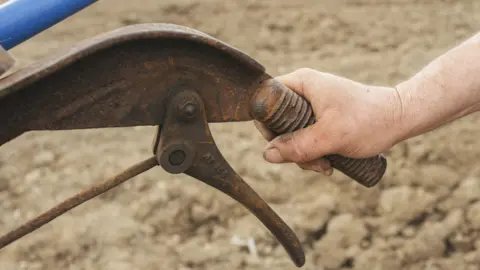 Harry George Hall
Harry George Hall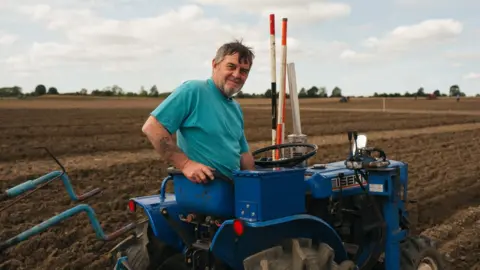 Harry George Hall
Harry George HallMr Hall adds: "A light has been shone on the cost of living and the need to focus on the work of our producers and providers.
"This was a moment to pause - to watch people ploughing in the fields.
"There were men and women with different ploughs, some measuring the land in a way we just don't anymore.
"It made me think, there are so many digital solutions nowadays, but this was so tangible. Do we lose touch?"
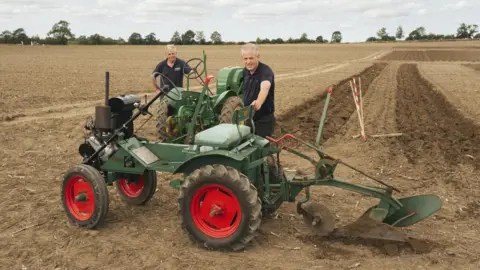 Harry George Hall
Harry George Hall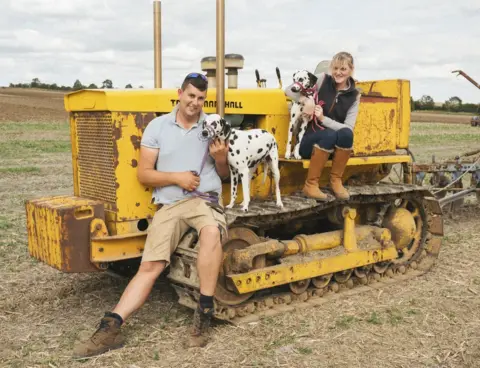 Harry George Hall
Harry George Hall"This is happening two hours from London, one of the world's leading cities," Mr Hall says.
"But it aids that balance of living we all need, to sit back and enjoy a simpler pastime.
"There's something beautiful, something authentic about it."
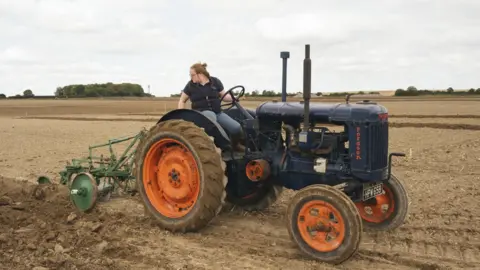 Harry George Hall
Harry George HallThe full gallery of images by Harry George Hall can be viewed here.

Follow East of England news on Facebook, Instagram and Twitter. Got a story? Email [email protected] or WhatsApp 0800 169 1830
